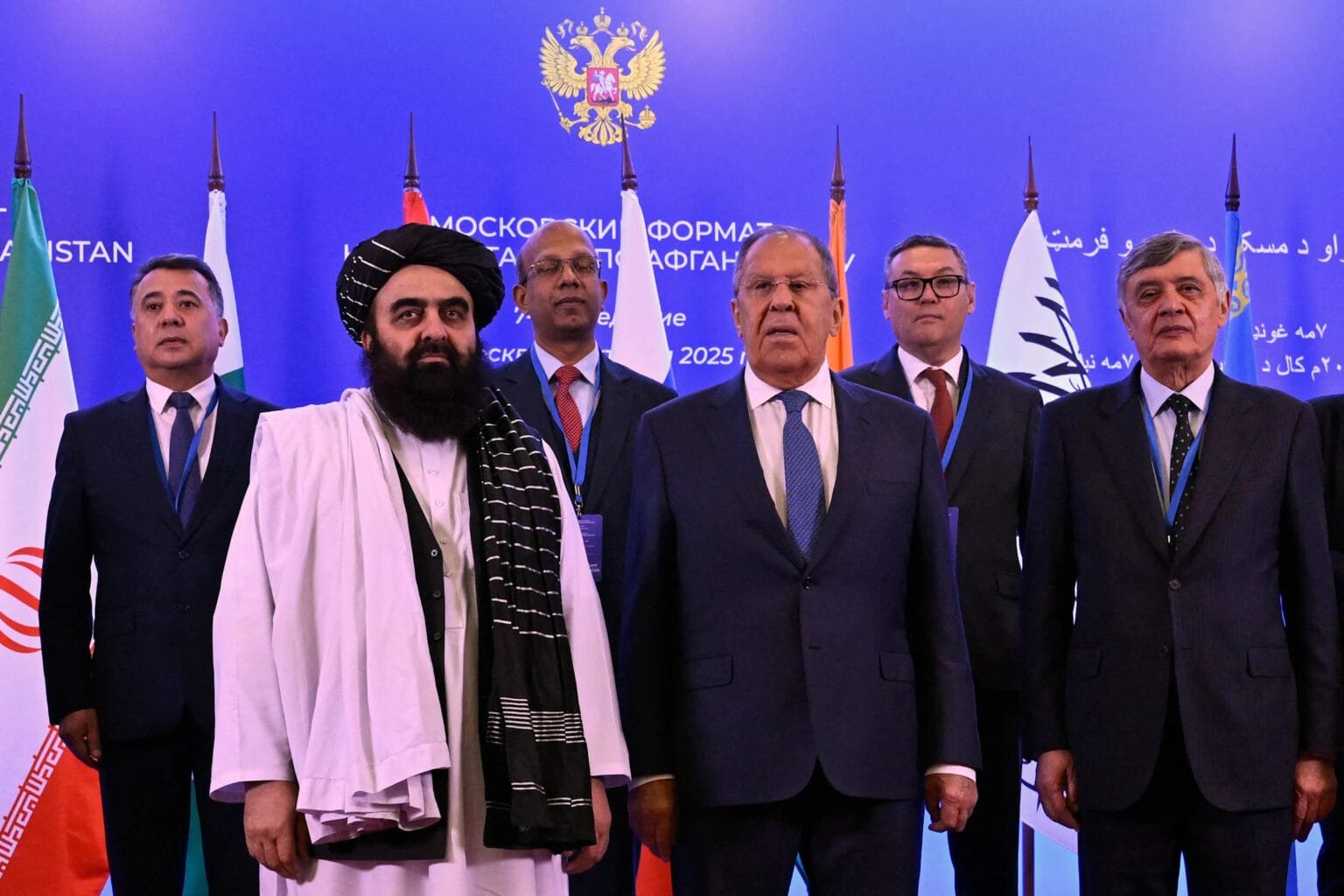President Donald Trump’s push to reclaim Bagram Air Base in Afghanistan has generated a rare alignment of resistance among regional powers including India, Pakistan, and China, after years of U.S. withdrawal and Taliban control over the strategically located facility. The issue came into sharp focus in recent weeks following public statements by Trump, notably during a joint press conference with UK Prime Minister Keir Starmer on September 18, when he declared, “We gave it to [the Taliban] for nothing. We want that base back,” citing among other reasons its proximity to where China develops nuclear weapons.
Afghan officials have replied with outright rejection, insisting that Afghanistan’s sovereignty and territorial integrity are non-negotiable. Taliban spokesman Zabihullah Mujahid stated that Afghans will never allow their land to be handed over under any circumstances. Fasihuddin Fitrat, Defence Ministry Chief of Staff, emphasized that “a deal over even an inch of Afghanistan’s soil is not possible.”
China has criticized Trump’s proposal as provocative, warning against moves that would stir confrontation or undermine regional stability. Chinese officials argue Afghanistan’s future should be decided by Afghans themselves and have repeatedly called for respect for the country’s sovereignty.
India, which has generally maintained a cautious policy toward Afghanistan post-2021, joined in opposition through statements issued at the “Moscow Format” consultations on Afghanistan. On October 8, the Moscow Format meeting—attended by India, Pakistan, China, Russia, Iran and several Central Asian states—issued a joint communique condemning any deployment of foreign military infrastructure in Afghanistan or in neighboring countries, saying such steps do not serve regional peace or stability.
Pakistan has also aligned with the opposition, rejecting renewed U.S. presence at Bagram. Islamabad shares concerns over sovereignty, regional balance, and the implications of increasing U.S. military footprint so near sensitive borders, particularly with China and Afghanistan.
Analysts suggest that the backlash reflects a convergence of strategic interests among regional states wary of renewed U.S. military infrastructure in Afghanistan, especially as the country remains governed by the Taliban. For many, returning to Bagram is viewed not as simply a military or logistical move but as a deeply symbolic act that could shift power dynamics. The resistance underscores how concepts of sovereignty and non-interference remain potent in this part of the world.





